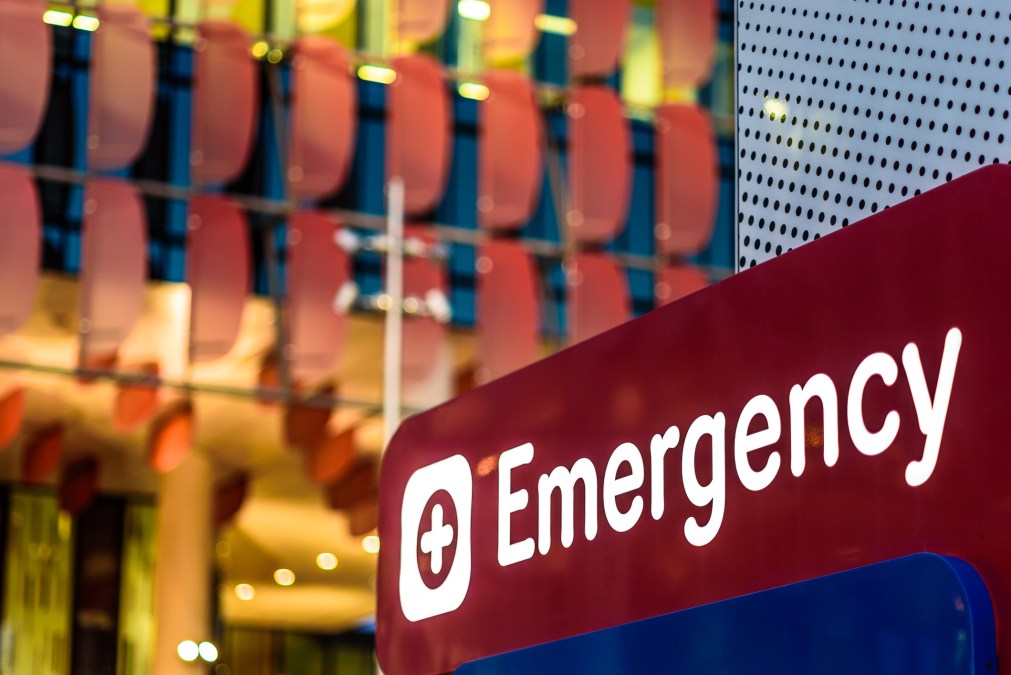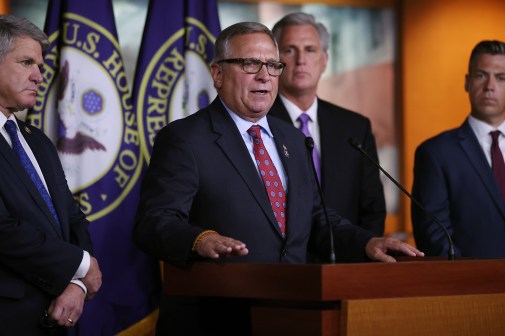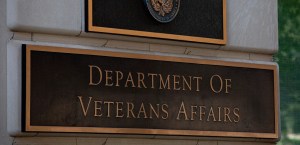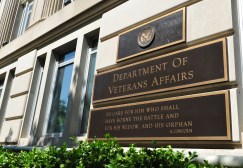VA to make new tele-emergency care service available across U.S.

The Department of Veterans Affairs is making tele-emergency care available nationwide following a pilot that the agency credited with helping over 60,000 callers.
In a Thursday announcement, the VA announced that tele-EC, which aims to increase “timely access to virtual emergency care options” for veterans enrolled in VA health care, will be available across the nation to assist those who are unsure if what they’re experiencing is a minor emergency or not. The agency pointed to veterans in rural areas and those with mobility or transportation challenges as individuals who could benefit from quick, virtual triage assessments.
Considered part of the VA Health Connect service, tele-EC resolved veterans’ needs without them having to travel to a health care facility at a 59.4% rate during the pilot. It also allows veterans to speak to a clinical triage nurse who can connect them to tele-emergency care “when clinically appropriate.” From there, providers will evaluate the veteran over the phone or video and recommend next steps. In life-threatening emergencies, the clinical triage nurse will “call 911 and stay on the line until help arrives.”
Shereef Elnahal, the VA under secretary for health, said in a statement that “veterans can now be evaluated for possible emergencies from the comfort of their home. … Veterans can get immediate, virtual triage with a VA medical provider who has direct access to their medical records. This avoids having to potentially drive to the nearest emergency department and wait to be evaluated, if appropriate.”
Just last month, Rep. Steve Womack, R-Ark., introduced a bill that aimed to protect veteran access to telemedicine services. The legislation would “permanently extend” a pandemic-related exemption that allows VA health care workers to distribute and deliver medically necessary controlled substances via telemedicine under certain conditions, without the veteran needing an in-person medical examination.
Womack said the bill would help veterans in rural areas who rely on the VA’s health care system but may not have the same access as those in suburban and urban areas.
The bill was considered by the House Committee on Veterans Affairs’ on Sept. 11






